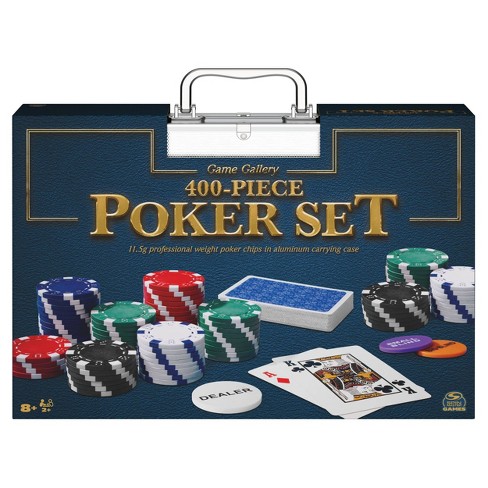Learn the Basics of Poker

Poker is a game of chance where you play against other players and win money by having the best hand. It is a popular card game in many countries around the world and has been played for centuries. There are a number of different types of poker games and each has its own unique rules.
The Basics
In most poker games, you start off with a pre-flop bet and then a flop bet. These are called the betting rounds and each one will give you a chance to raise or fold.
Once the first betting round has been completed, the dealer will deal three cards face up on the table. These are community cards that everyone in the hand can use. The dealer will also place a fourth card on the board which is called the turn and finally he will give the player a fifth card which is known as the river.
A poker hand is made up of a combination of two or more cards and can be formed from any suit. It can be a straight, a flush or a full house.
Ranges
A good way to improve your poker skills is by learning to read other players’ hands and understand the range of possible hands they could have. This can be done by listening to their hand gestures, betting behavior and other tells.
Taking the time to learn to recognize these signals can be very helpful and will make you a much more accurate player. It can also help you avoid the common mistakes novices make.
The EV Estimation of Your Hand
Once you have the ability to estimate a hand’s EV it will be easier to decide whether to raise or fold. It will also become easier to identify blockers and combos.
Understanding the odds of a hand being a winner or a loser is vital to understanding poker. The game has a huge variance and you can lose large sums of money if you get caught up in a losing hand.
Betting Size and Stack Size
A major mistake that novices often make is over-betting their hands. They do this because they don’t want to lose their bankroll, but this can lead to them losing money.
To avoid this, you should bet sized properly and you need to know when to raise and when to fold. To do this you need to know the EV of your hand and the EV of your opponent’s hand.
The EV of your hand is the total amount you will win if you hit a winning hand. The EV of your opponent’s hand is the total amount you will lose if you don’t hit a winning hand.
Bet sizing is the amount of money you should bet on each hand. It depends on a number of factors including the size of the pot, the stack sizes and the sizing of your opponents’ hands.
Stack sizes are the total number of chips you have and it is usually determined by the size of the table. When you are short stacked you should bet more aggressively and when you are long stacked you should bet less aggressively.